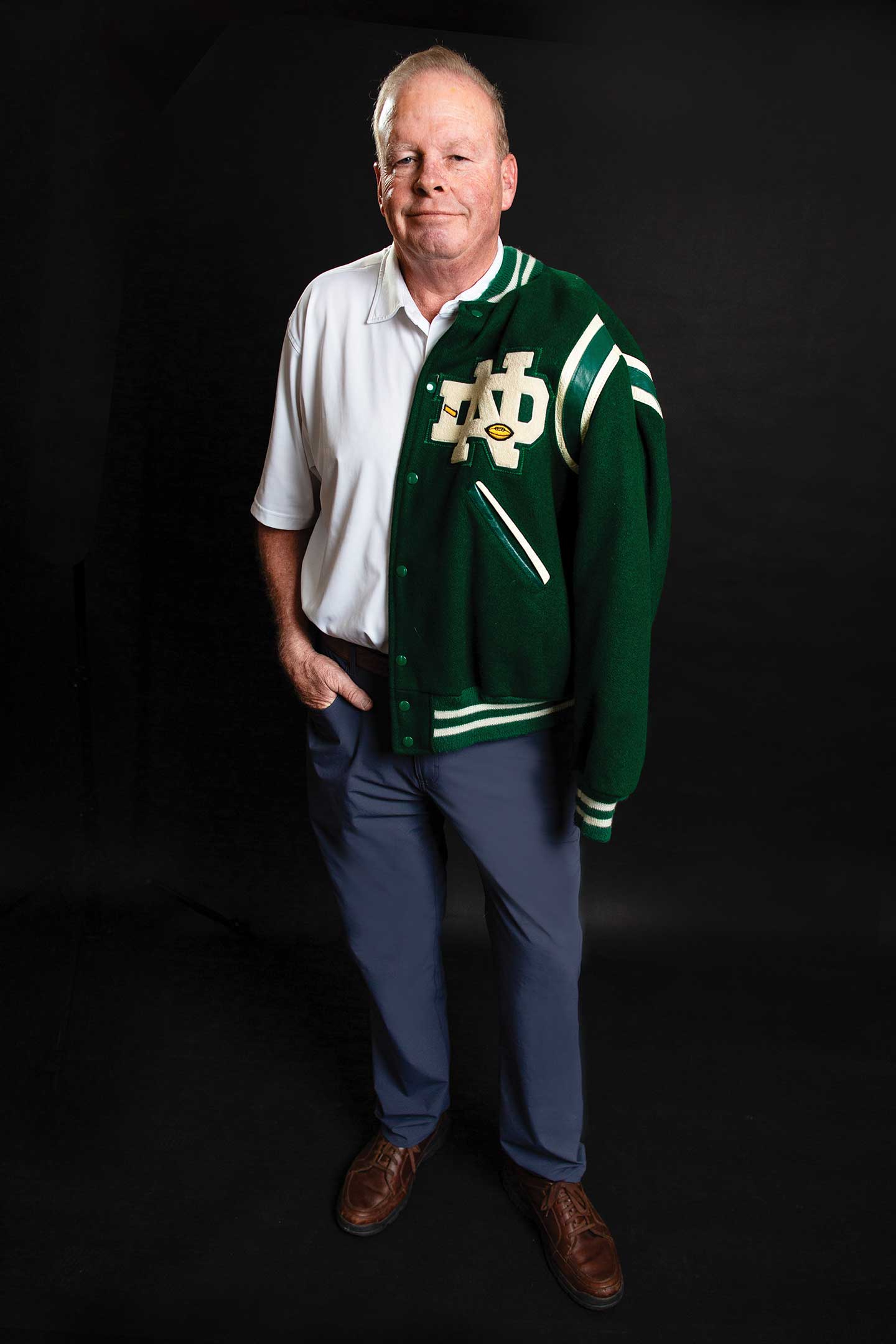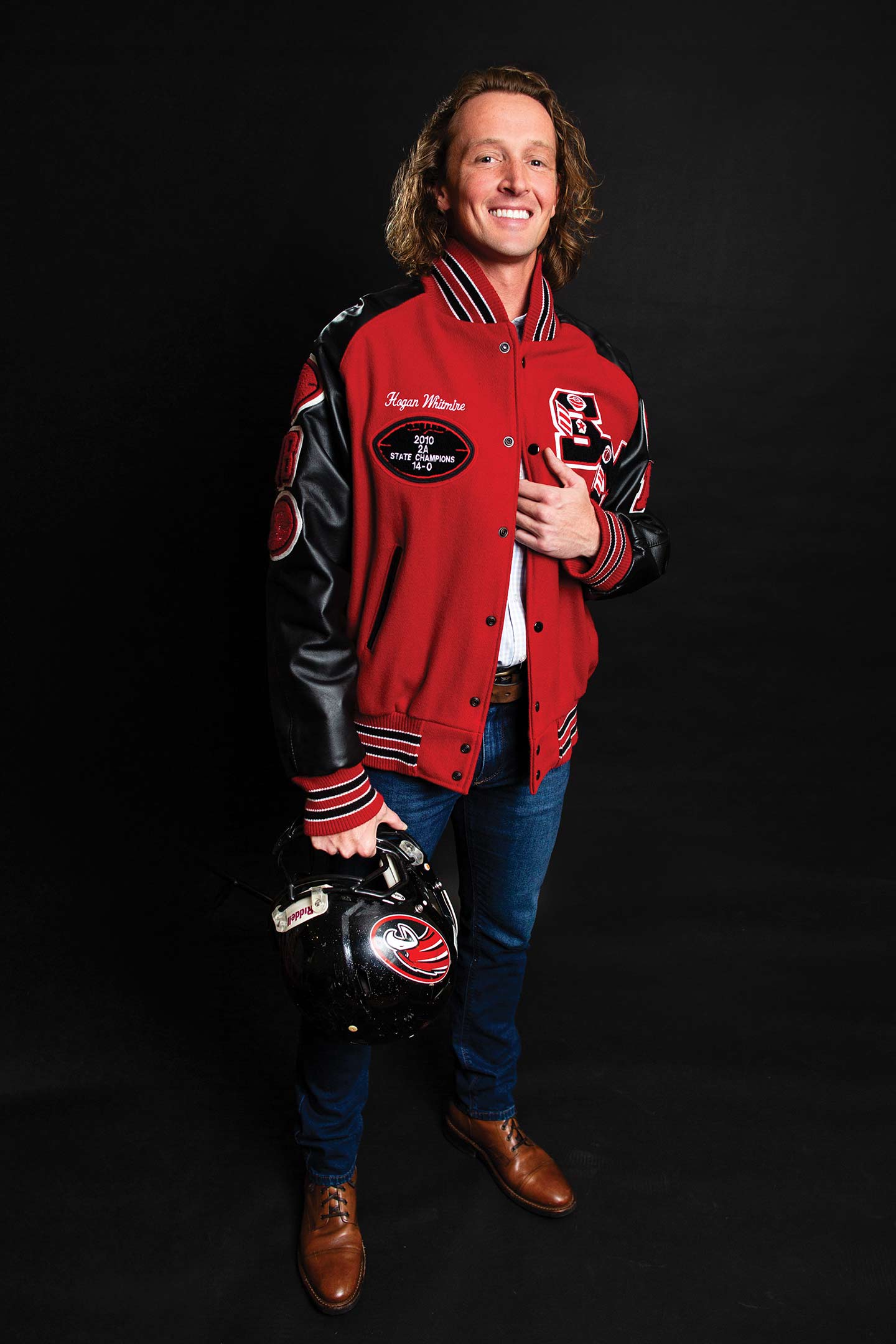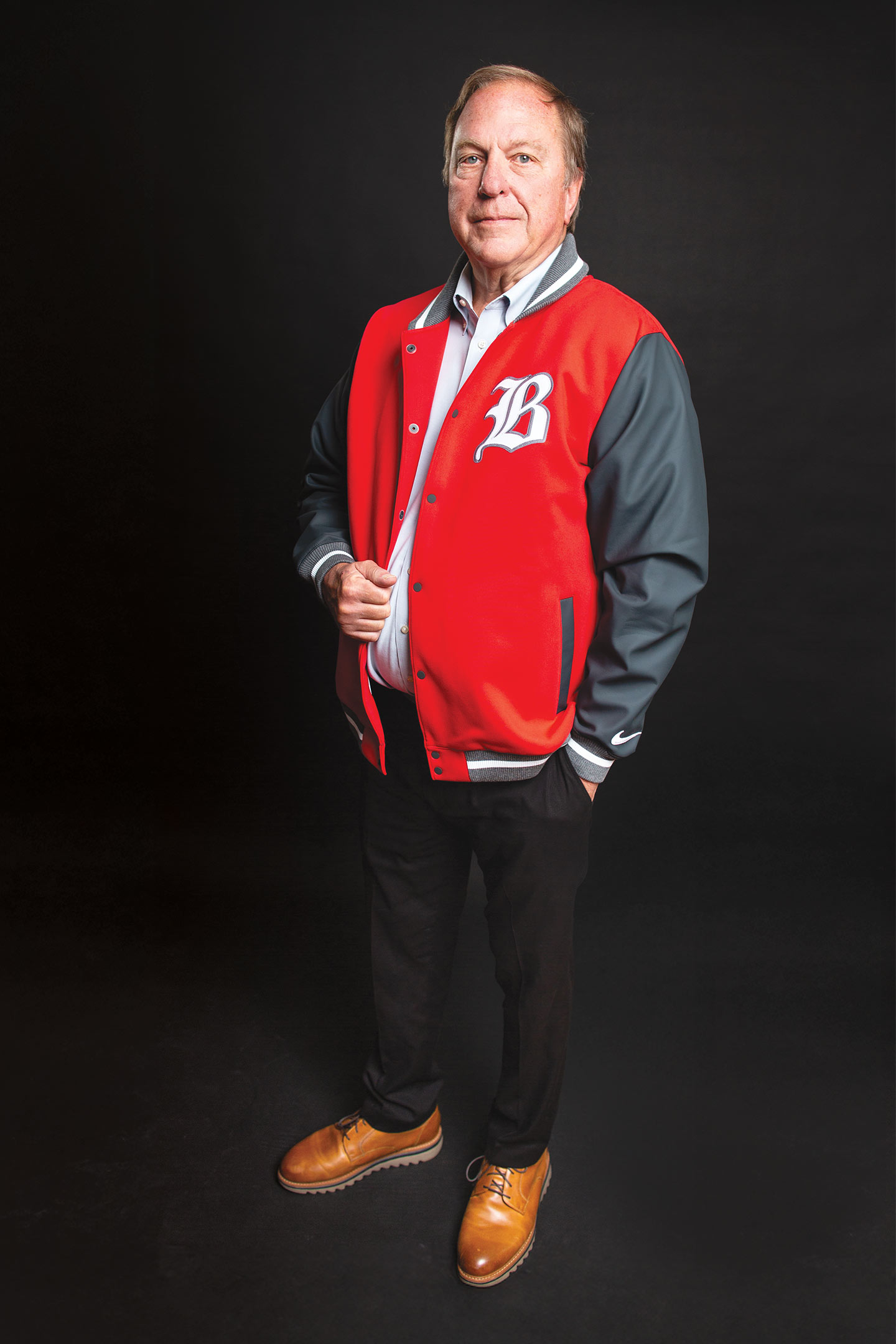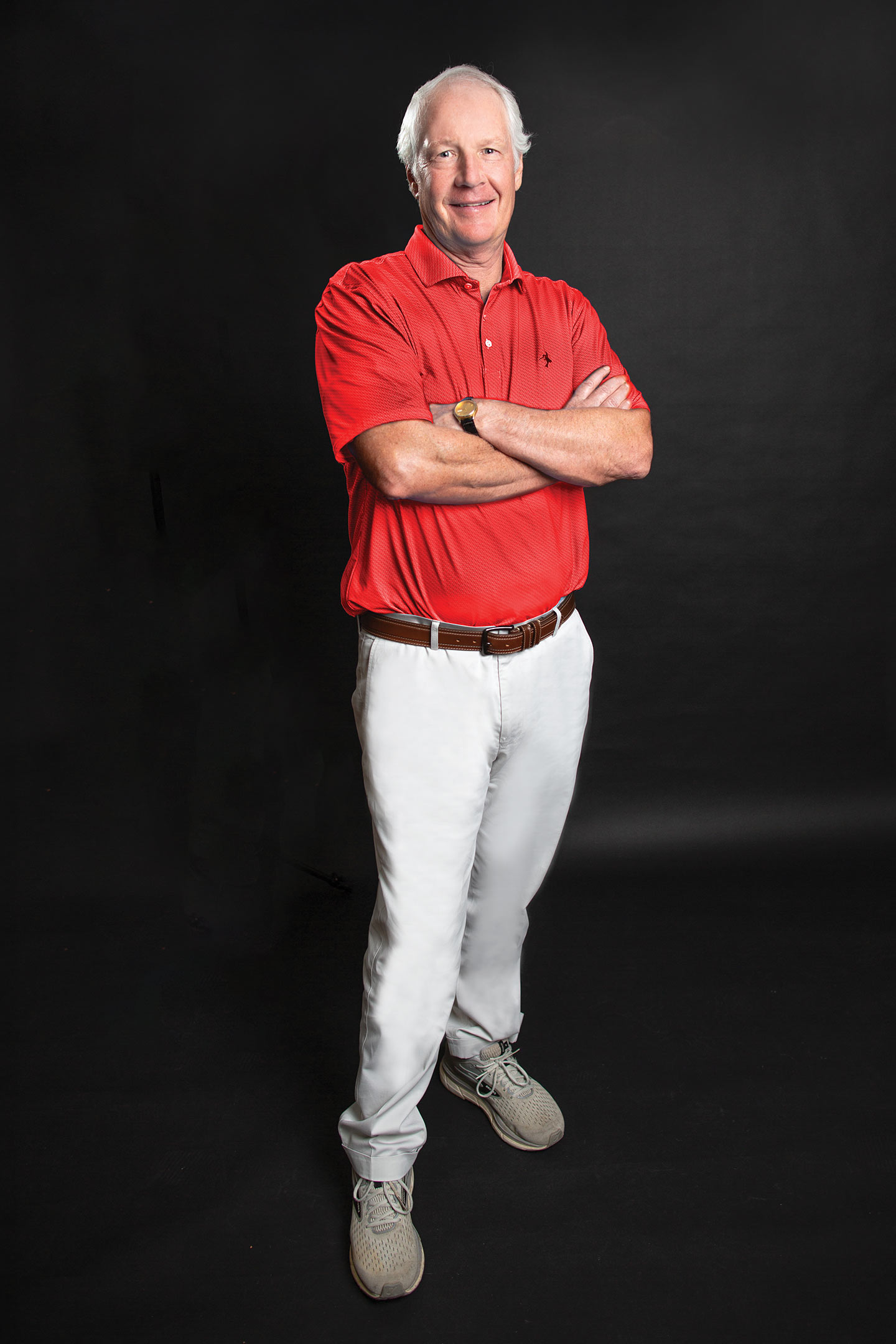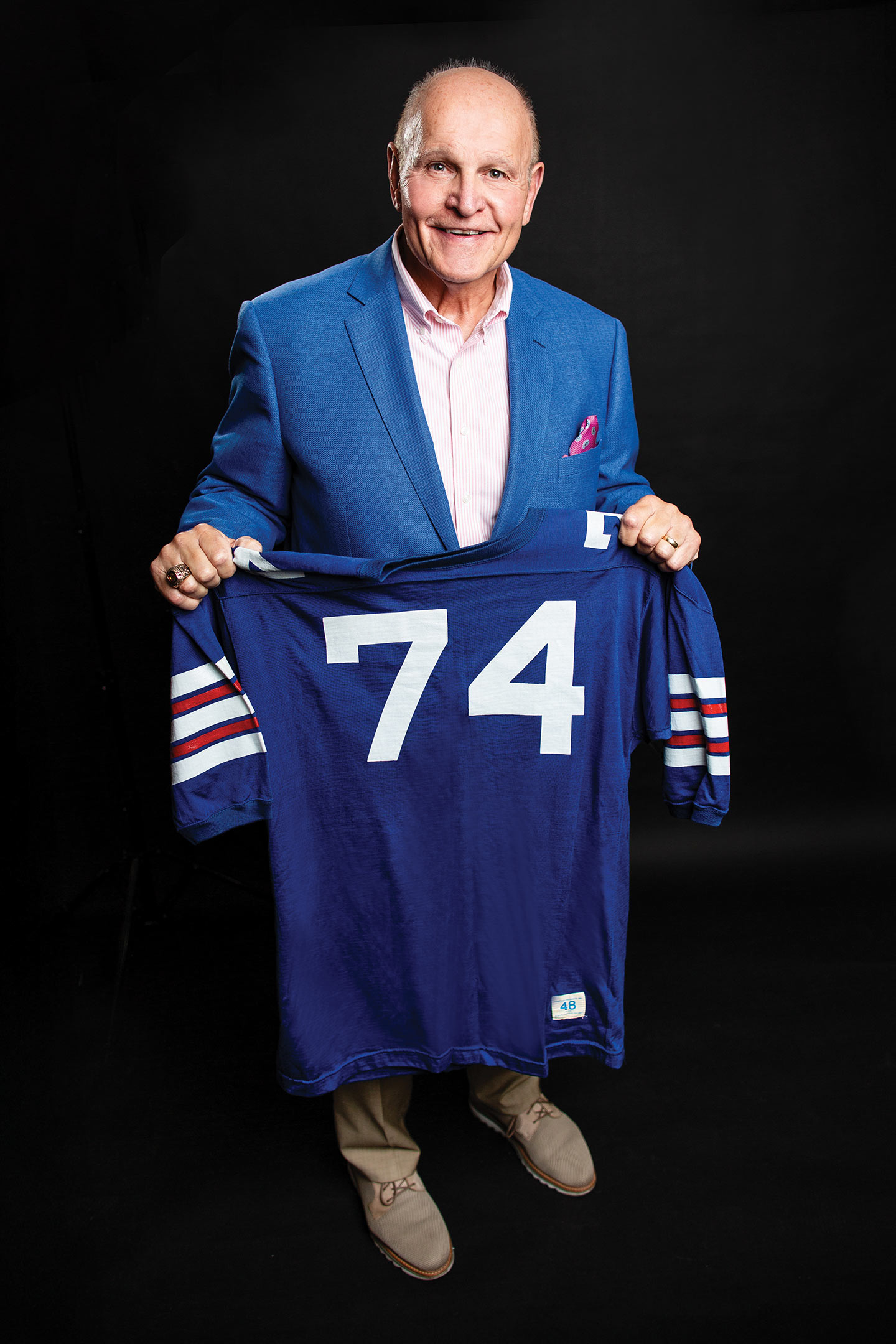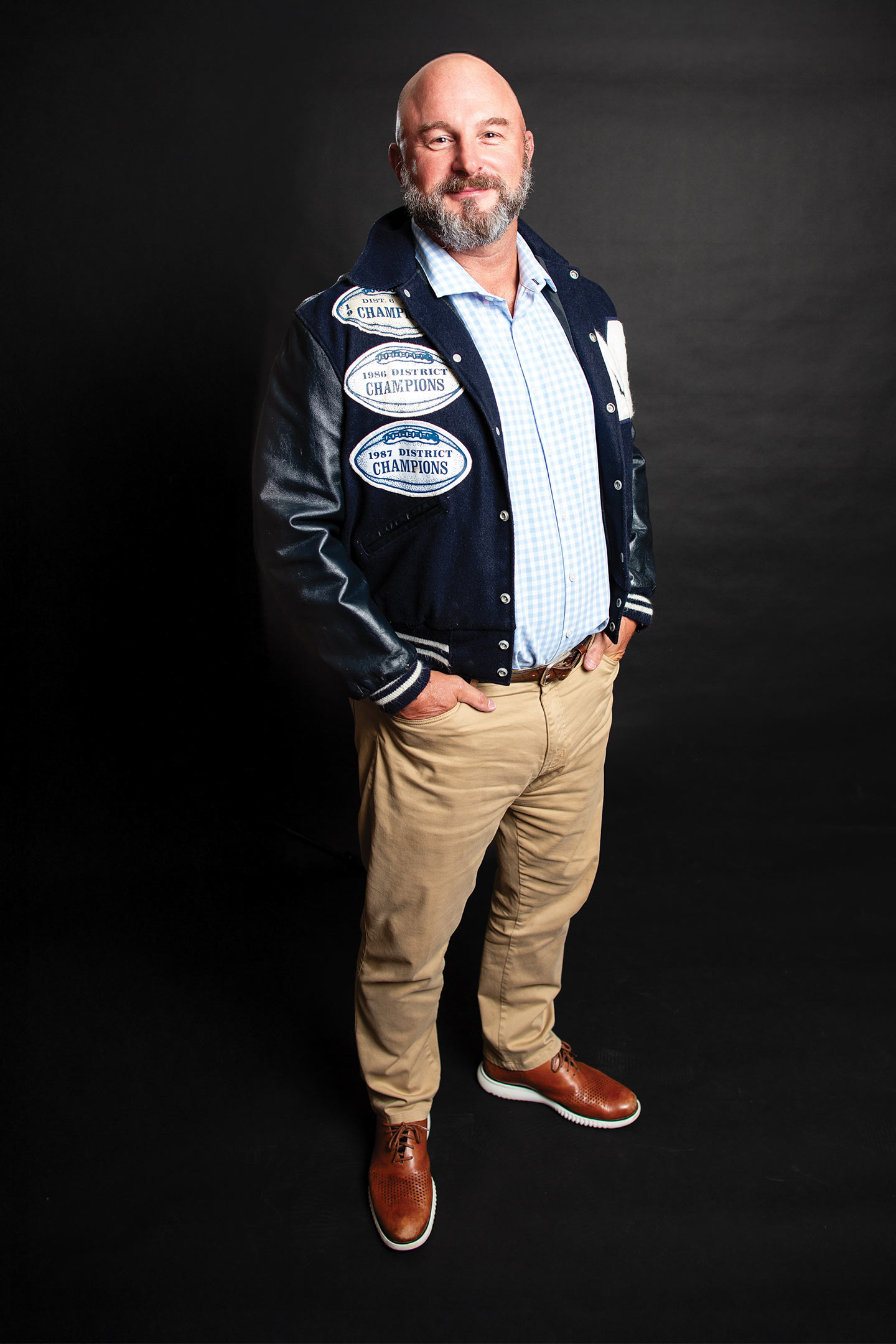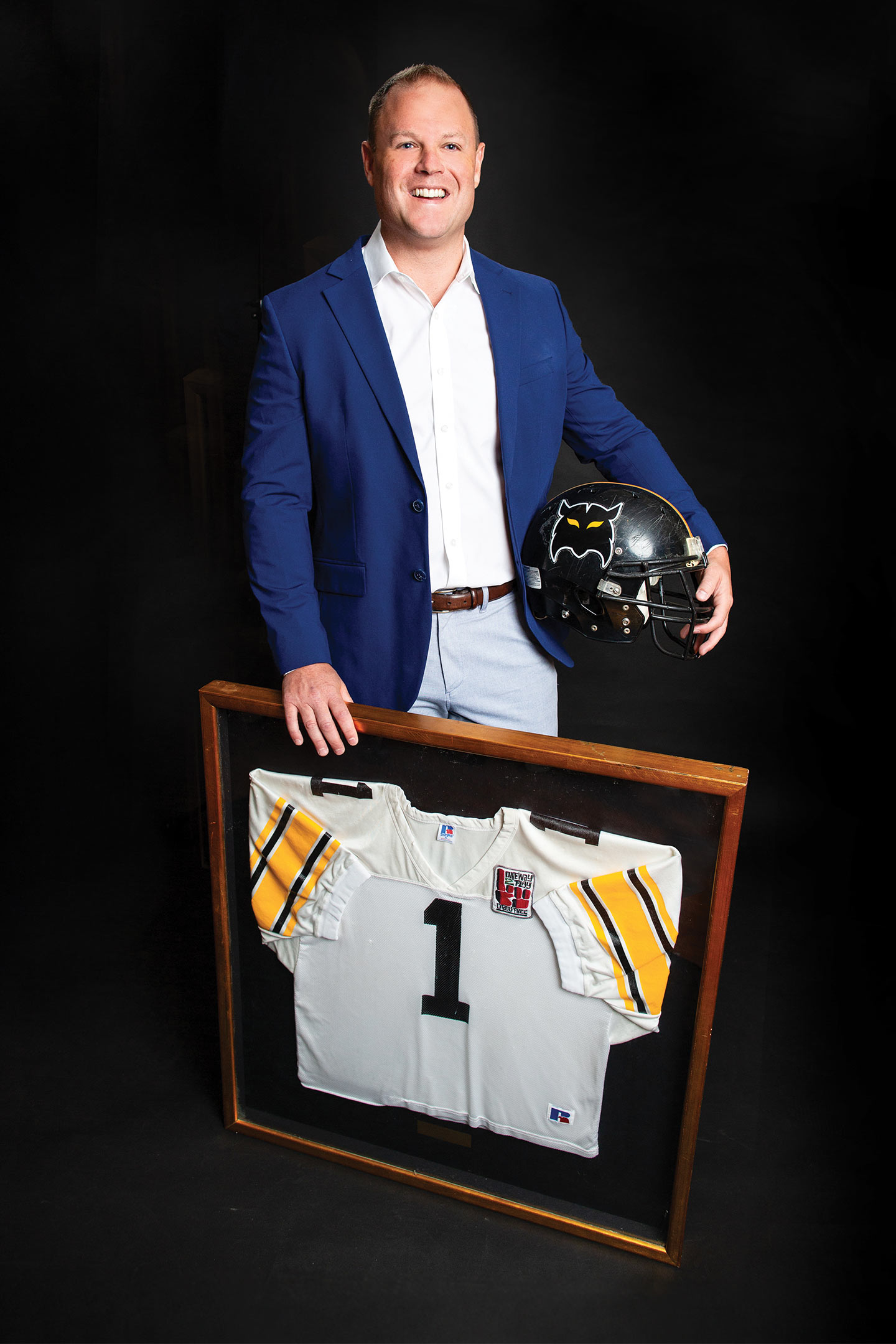For many, high school football is more than just a game. The discipline, camaraderie, and determination forged on the field often extend far beyond the Friday night lights, shaping how players navigate their careers and overcome life’s challenges. Whether running a business or serving as an executive, several of our area’s respected professionals credit the game with strengthening their character, work ethic, and approach to leadership. Here, they reflect on the lasting lessons and defining moments that continue to guide them today.
PHOTOGRAPHY BY RICH SMITH







